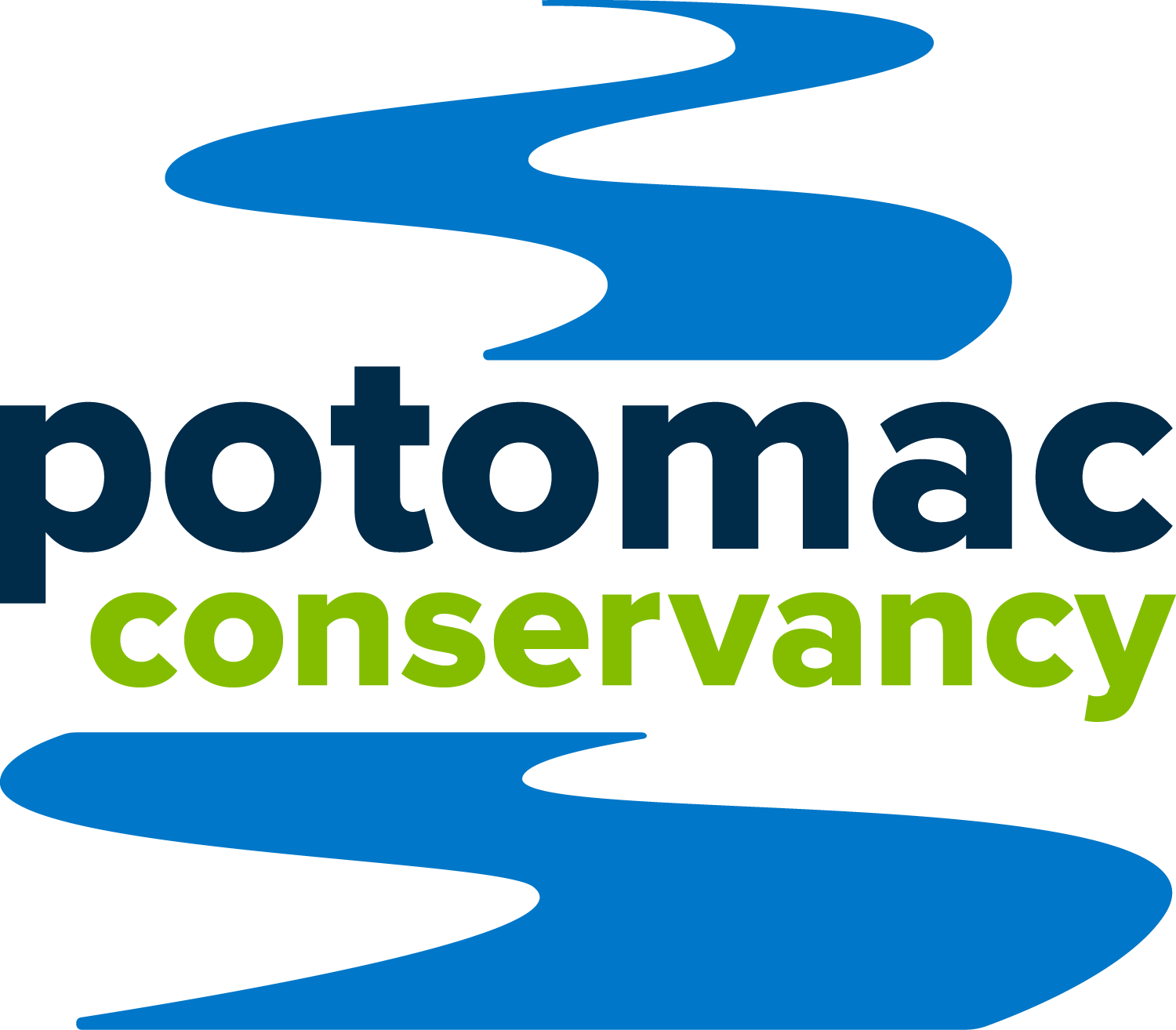2014 State of the Nation's River Report:
River Friendly Growth
Planning for vibrant communities, healthy lands, and a clean Potomac
Potomac Conservancy's 2014 State of the Nation's River report calls for urgent action to preserve local water quality in the face of rapid urbanization and deforestation. By 2040, an estimated 2.3 million new residents will move into our region.
The report draws attention to several threats facing the Potomac:
- Loss of Healthy Forests in the rural parts of the region
- Sprawl in growing suburban communities
- Aging Sewer Infrastructure in the urban area
Supporting our region's growth and restoring the Potomac to full health are not mutually exclusive goals.
Potomac Conservancy offers common sense solutions that decision makers can implement to make a difference in their communities and in the quality of life of the region. By embracing smart planning approaches, our growing rural, suburban, and rural communities can responsibly manage growth and protect healthy lands and waters.
Read the full report >
“Population growth and development will bring positive changes to our region, but left unplanned, growth could spell disaster for the health of our lands, waterways, and drinking water sources. Simple and low-cost actions now, at the local and county level, can make a huge difference in preventing a water crisis in the future.”
“The new Chesapeake Bay Watershed Agreement really focuses in on what we call SMART outcomes: Specific, Measurable, Achievable, Relevant, and Time-bound. The [State of the Nation’s River] Report is patterned in that same way. It looks at the entire ecosystem and makes very specific suggestions on how things can be improved.”
Special Thanks To:
Center for Watershed Protection, Chesapeake Bay Program - EPA, Danaher Corporation, DC District Department of the Environment, Interstate Commission on the Potomac River Basin, Metropolitan Washington Council of Governments, The Nature Conservancy, University of Maryland Center for Environmental Studies, and the US Geological Survey.
Research & Writing:
Melissa Cichantek
Design & Layout:
Corey Tiani, pointpixl, LLC
Editor:
Melissa Diemand
Filming:
60iMedia Productions













